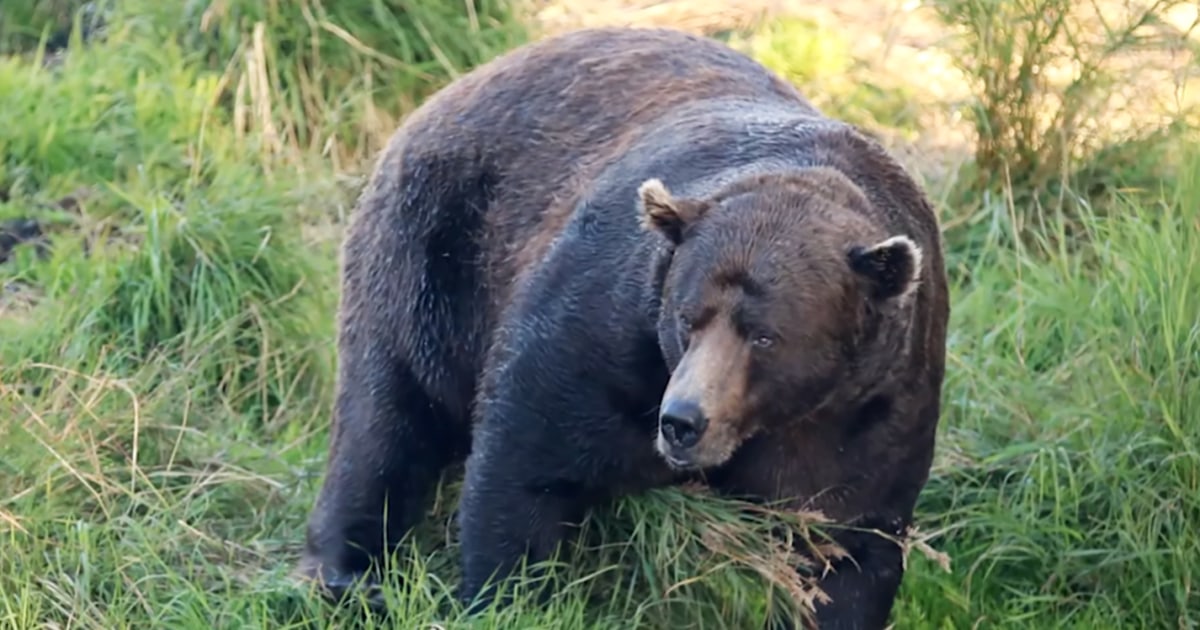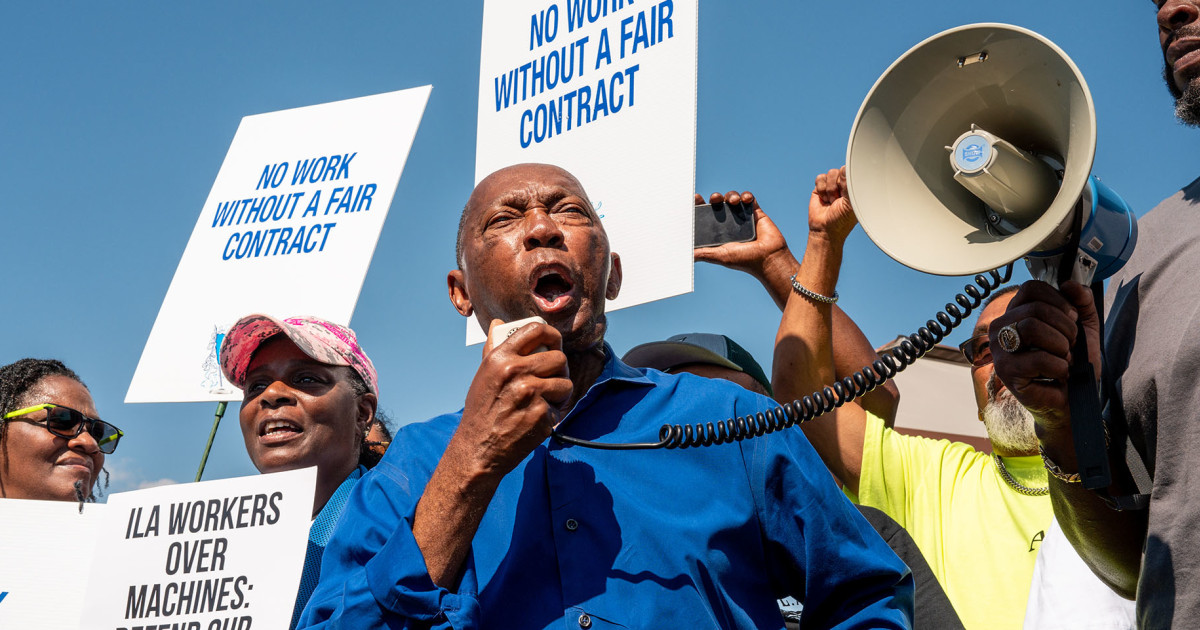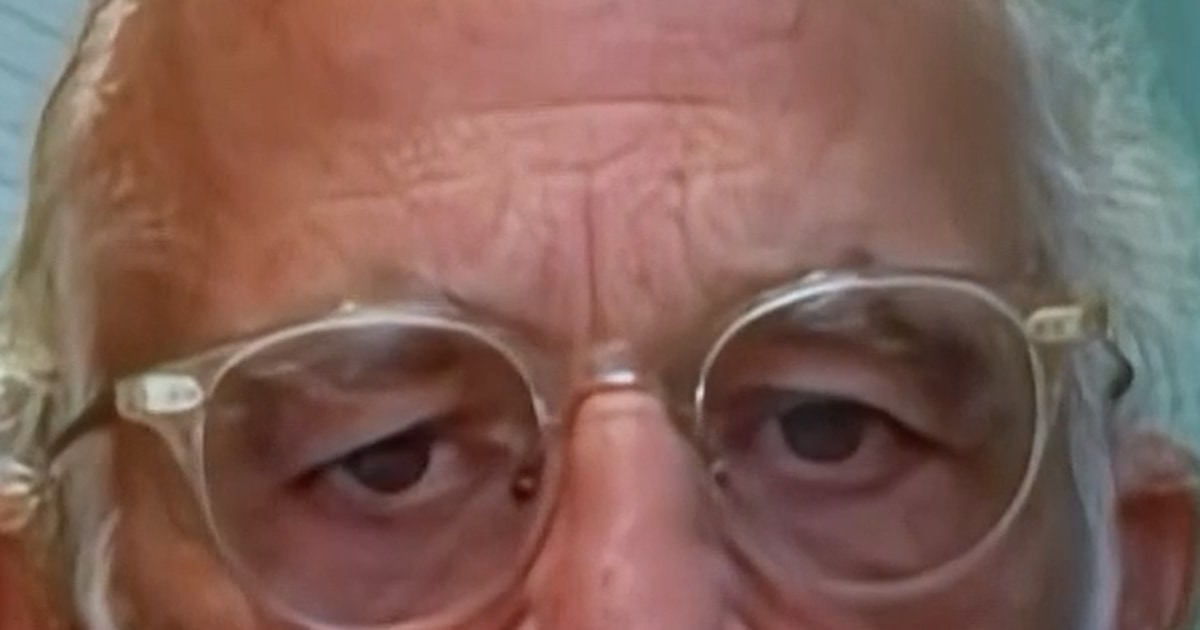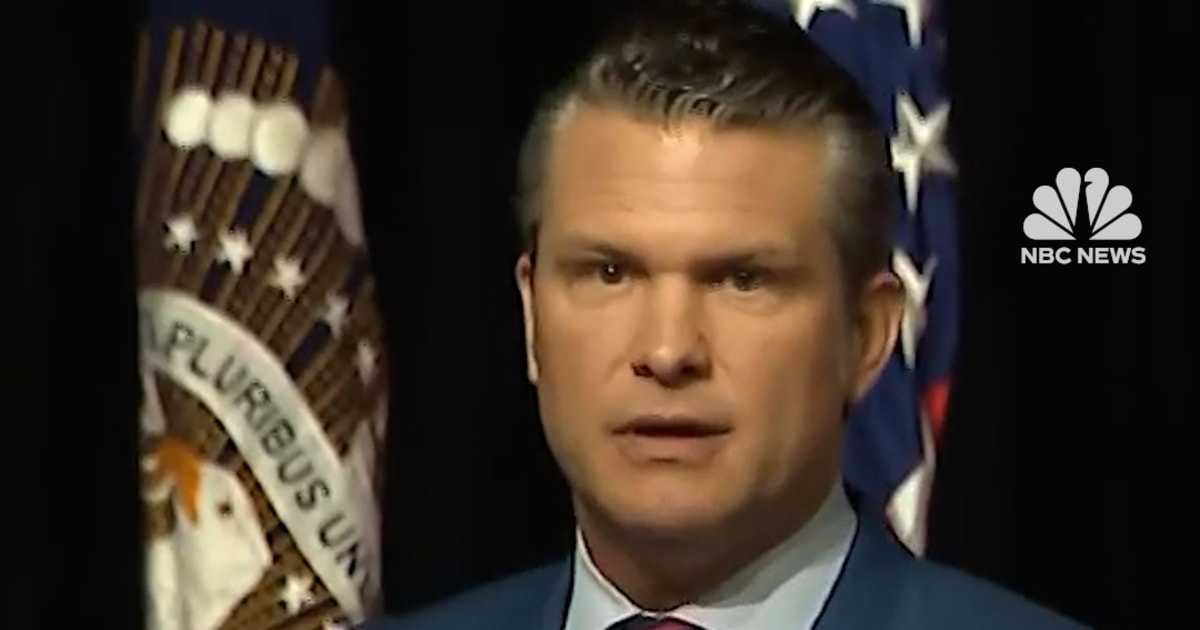From a dozen to just one: Scarred “32 Chunk” was crowned the fat bear champion of Alaska’s Brooks River, organizers announced Tuesday
Source link
Oct. 1, 2025, 2:39 AM EDTBy Phil HelselFrom a dozen to just one: Scarred “32 Chunk” was crowned the fat bear champion of Alaska’s Brooks River, organizers announced Tuesday.The annual competition drew in tens of thousands of votes and lasted a week.Chunk beat out rival bear “856” in the final polling, 96,350 votes to 63,725, the organization that runs the livestream cameras at the Katmai National Park and Preserve said.”Chunk the Hunk. The Chunkster. 32 Chunk,” the organization, Explore, posted on X. “All hail the new king of Brooks River.”Fat Bear Week, a competition that began in 2014, opened for voting on Sept. 23 with 12 contenders.The bears have been trying to fatten up by gorging on salmon — including at times by only eating the skin, brains and eggs to focus on the most calories — before hibernating for the winter.Voters were instructed to choose “the bear you believe best exemplifies fatness and success in brown bears.”Chunk is a male bear described as “very large” and weighing around 1,200 pounds. He has a distinctive scar and a broken jaw, which is healing but never expected to return to normal, according to Explore’s website.”The timing of the injury during the brown bear mating season and the nature of it strongly suggest that Chunk was injured in a fight with another bear,” the organization said.Katmai National Park and Preserve, on the Alaska Peninsula southwest of Anchorage, is known for its brown bears. The Brooks Camp at the mouth of the Brooks River draws visitors every year to watch the large animals. Salmon return upstream on the Brooks throughout the summer to spawn, and the bears are there to meet them with open jaws. Then, in September, the fish are weakened and dying and bears return to again chow down, the park says on its website.Katmai’s bears usually go to their dens to hibernate in October and November, according to the park.Phil HelselPhil Helsel is a reporter for NBC News.




